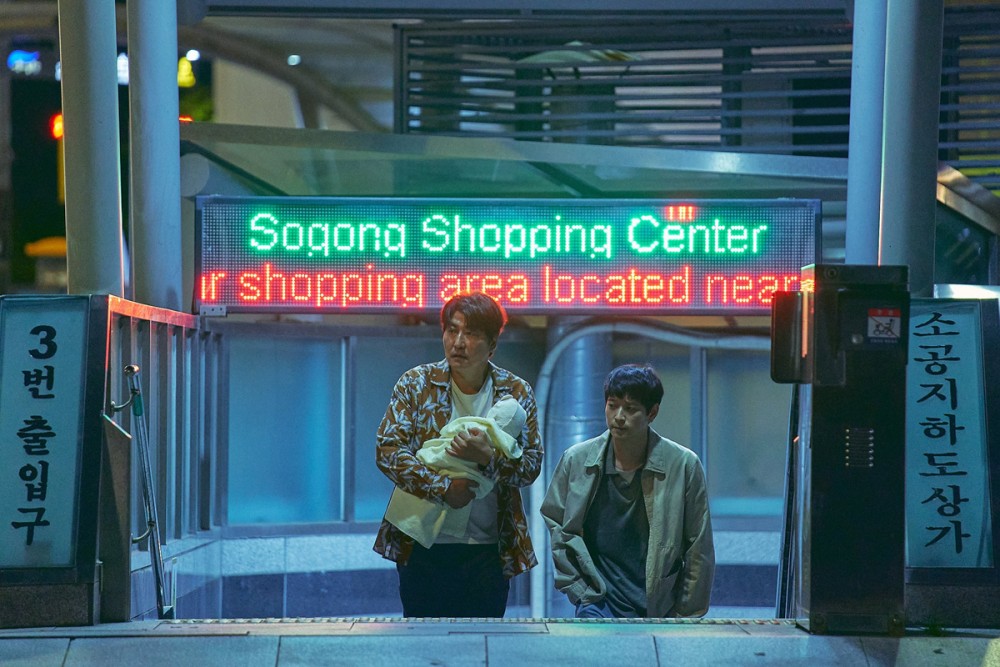In Broker, petty thieves teach us to forgive
Hirokazu Kore-eda’s characters find and create families in the margins of late-stage capitalism.

About midway through Hirokazu Kore-eda’s new film Broker (limited theatrical release, coming soon to Hulu), Soo-jin (Bae Doona) holds her phone out of a car window to capture the sound of Aimee Mann’s song “Wise Up,” playing in a Seoul coffee shop. The song is the only English-
language moment in this film by a Japanese filmmaker set in South Korea, and it caught my ear as strongly as it did Soo-jin’s. “Do you remember? It’s from that movie we watched,” she says to her partner on the phone.
“That movie” is Paul Thomas Anderson’s enigmatic masterpiece Magnolia (1999), about forgiveness and transformation and the ways human lives are tangled together, for better or worse. I immediately remembered the film when I heard the song, even before Soo-jin alluded to it. Few songs are so intimately linked with the movie they appear in as “Wise Up” is with Magnolia. Showing up at this moment in Kore-eda’s own beautiful, melancholy story of human connection, the song felt like a gift and a clue, connecting me through Anderson’s film to what Kore-eda wanted me to see.
Soo-jin is a detective tailing a group of would-be human traffickers she wants to nail in the act of selling a baby on the adoption black market. Former orphan Dong-soo (Gang Dong-won) collaborates with Sang-hyeon (Song Kang-ho), a meticulous hand launderer in over his head with debt, to steal babies out of a Busan church’s “baby box” and place them with loving families for a fee. They think of themselves as a kind of Robin Hood operation, stealing children from a broken system and giving them to loving parents who for one reason or another can’t navigate the inhumane bureaucracy of official adoption. They are joined by So-young (Lee Ji-eun), the mother of a baby they are trying to sell, who is on the run from her baby daddy’s gangster family. As they crisscross Korea in search of the perfect family, they begin to form one of their own.





